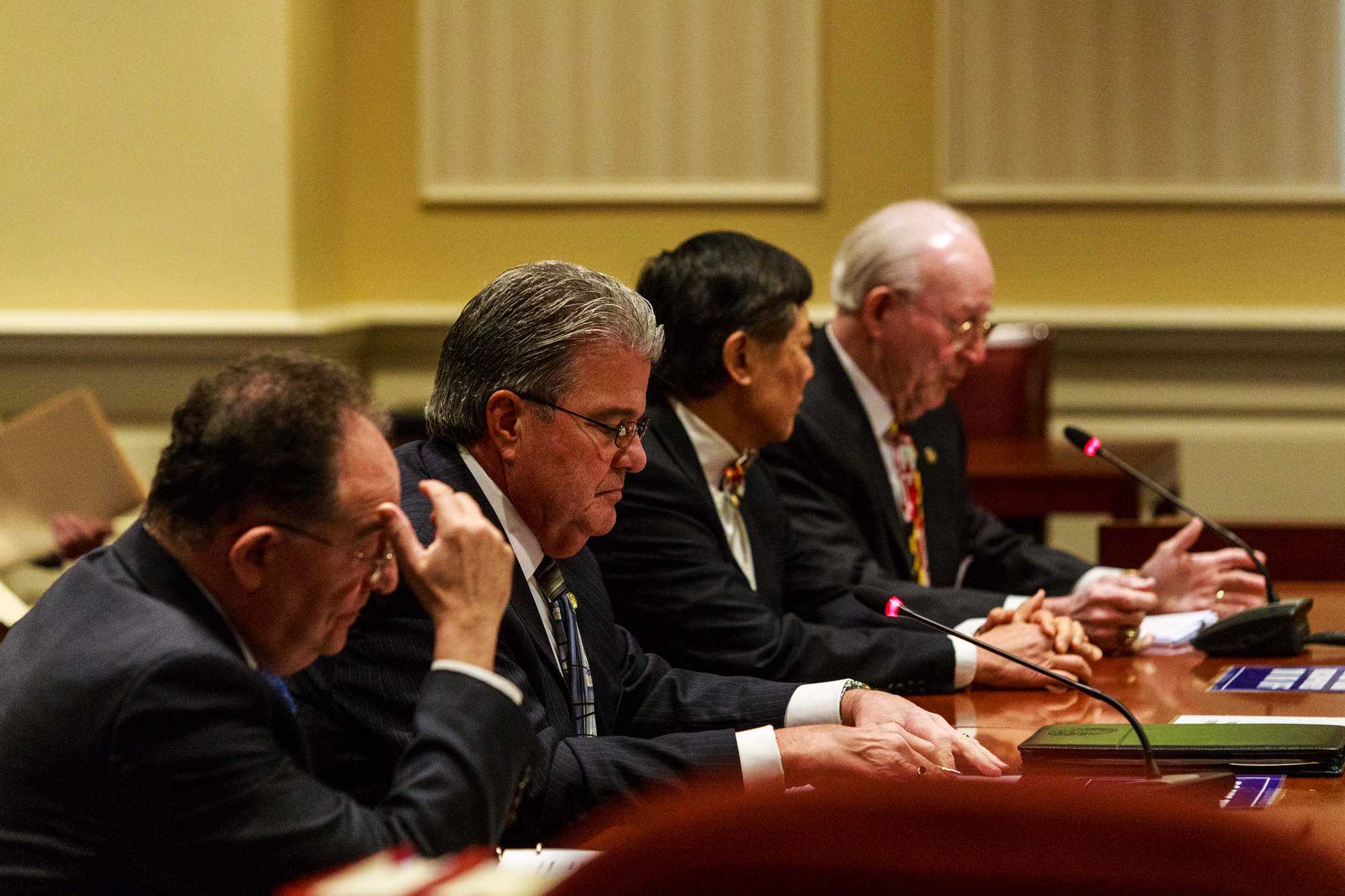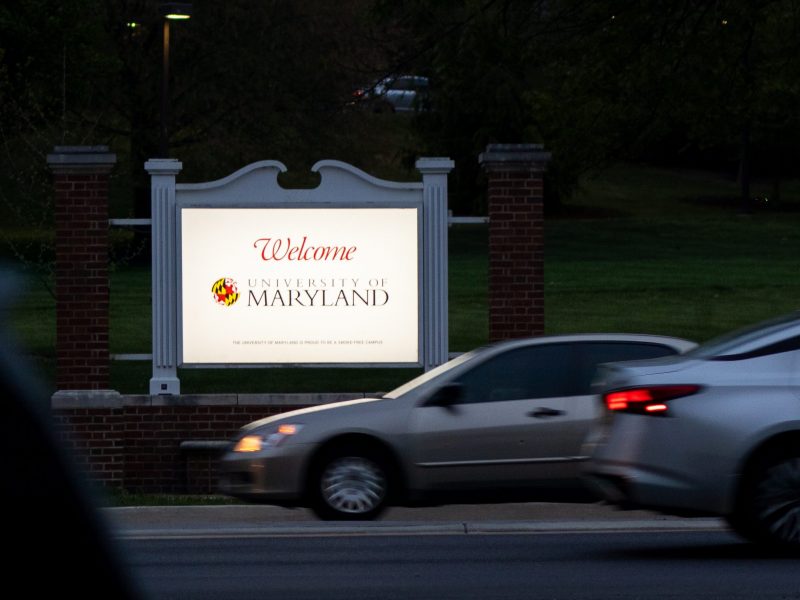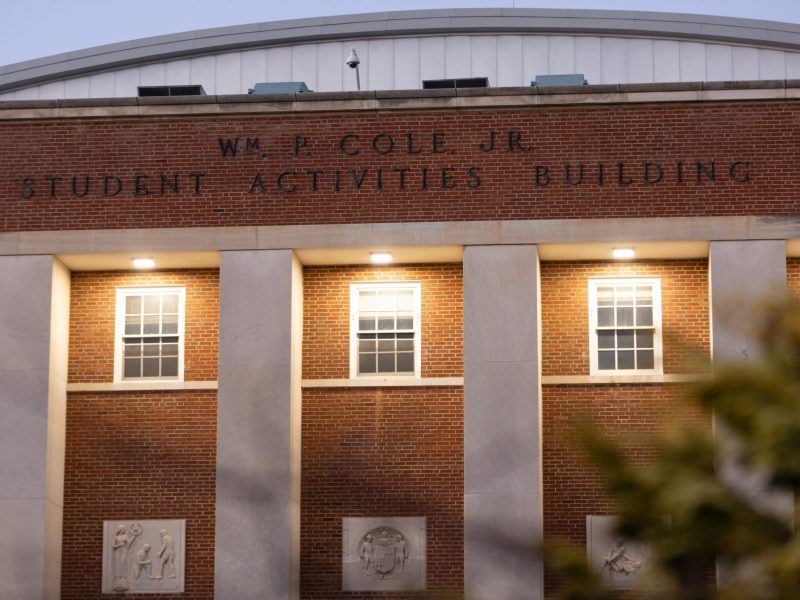ANNAPOLIS — A Maryland Senate committee heard remarks Tuesday from more than 25 stakeholders — limited to just two minutes of testimony each — on the University of Maryland Strategic Partnership Act of 2016, which would create one University of Maryland with two presidents and two campuses in College Park and Baltimore.
University officials, students and Baltimore business leaders praised the bill’s potential for economic development, better national rankings and increased collaboration, but representatives from the University System of Maryland’s Board of Regents and the University of Maryland, Baltimore expressed concerns over a clause allowing for one president of both campuses and the possible harm this would cause Baltimore City.
Sen. Bill Ferguson, one of the bill’s sponsors, called the separation of the University of Maryland, Baltimore and College Park campuses a “self-imposed ceiling on our own potential in higher education” — a sentiment that university President Wallace Loh echoed.
Currently, Loh said, collaborations between the institutions depend on his personal relationship with UMB President Jay Perman. To guarantee them in the future, he suggested it should be codified into law.
“Our mission is an anchor mission. We are anchor institutions,” Loh said, stressing the value of the strengthened partnership statewide, not just for each institution. “Our contribution is not just to high-tech; it is also to improving the lives of our citizens, of the state.”
Still, UMB officials expressed reservations about the impact such a move would have. Though Perman praised a “tight alliance” between the campuses, he asked that the bill be amended to ensure autonomy, particularly as the bill gives the Board of Regents the potential to choose one president for both campuses.
“As two partners working together, we need to decide the wisdom of combining operational functions, such as a common personnel system, distribution of enhancement monies,” he said. “I believe these actions should not be mandated in the law.”
Perman also added he was concerned about the effects the move could have on Baltimore City with which UMB works closely with. There is no substitute for proximity, he said, particularly with the marginalized communities the university has partnered with for years.
In a bill as large as the Strategic Partnership Act, “the devil is in the details,” cautioned James Brady, a Board of Regents member. He stressed that the bill must consider the impact on both UMB, which he said does crucial work in inner-city Baltimore to address systemic issues, and on the other schools in the university system not benefitting from the partnership.
Student Government Association President Patrick Ronk, also testified in favor of the bill, citing the potential for the creation of joint degree, medical, pre-law and pharmacy programs through the partnership.
Over the years, he said, the lack of these types of degree programs has harmed the undergraduate population.
“We see a real opportunity in this bill to create those kind of programs, to create that kind of cooperation and collaboration between these two institutions,” he said, “so that we will continue to attract the top talent in the state of Maryland … and from across the country.”
The SGA passed a resolution written by Ronk, backing the state bill by vote of 17-0 with no abstentions on Feb. 24. Three business days prior to the SGA vote, university President Wallace Loh sent an email to the student body explaining the state legislation.
Former student Colin Byrd, who also testified Tuesday, questioned the tight turnaround on the resolution, wondering whether it allowed for all voices to be heard and all opinions to be considered.
“The [SGA’s] vote was about as routine as a motion to adjourn,” he said during the committee hearing. “I’ve been to SGA meetings where they had more rigorous debates about crab cakes, and that’s the truth.”
Byrd added that the bill could harm racial minorities in Baltimore City, as well as schools not involved in the partnership, particularly historically black colleges and universities.
The Senate Budget and Taxation Committee will now review the bill and produce a recommendation. It will also be made open to amendments before going to a final vote — a process that Perman and other concerned supporters welcomed.
“I strongly support the intention of this bill to materially strengthen UMB’s partnership with our sister university in College Park,” he said, “and I welcome the opportunity to collaborate on amendments that would accomplish this end without diluting the influence and impact of UMB.”
CORRECTION: Due to an editing error, a previous version of this caption misindentified Barry Gossett as James Brady. The article has been updated.



